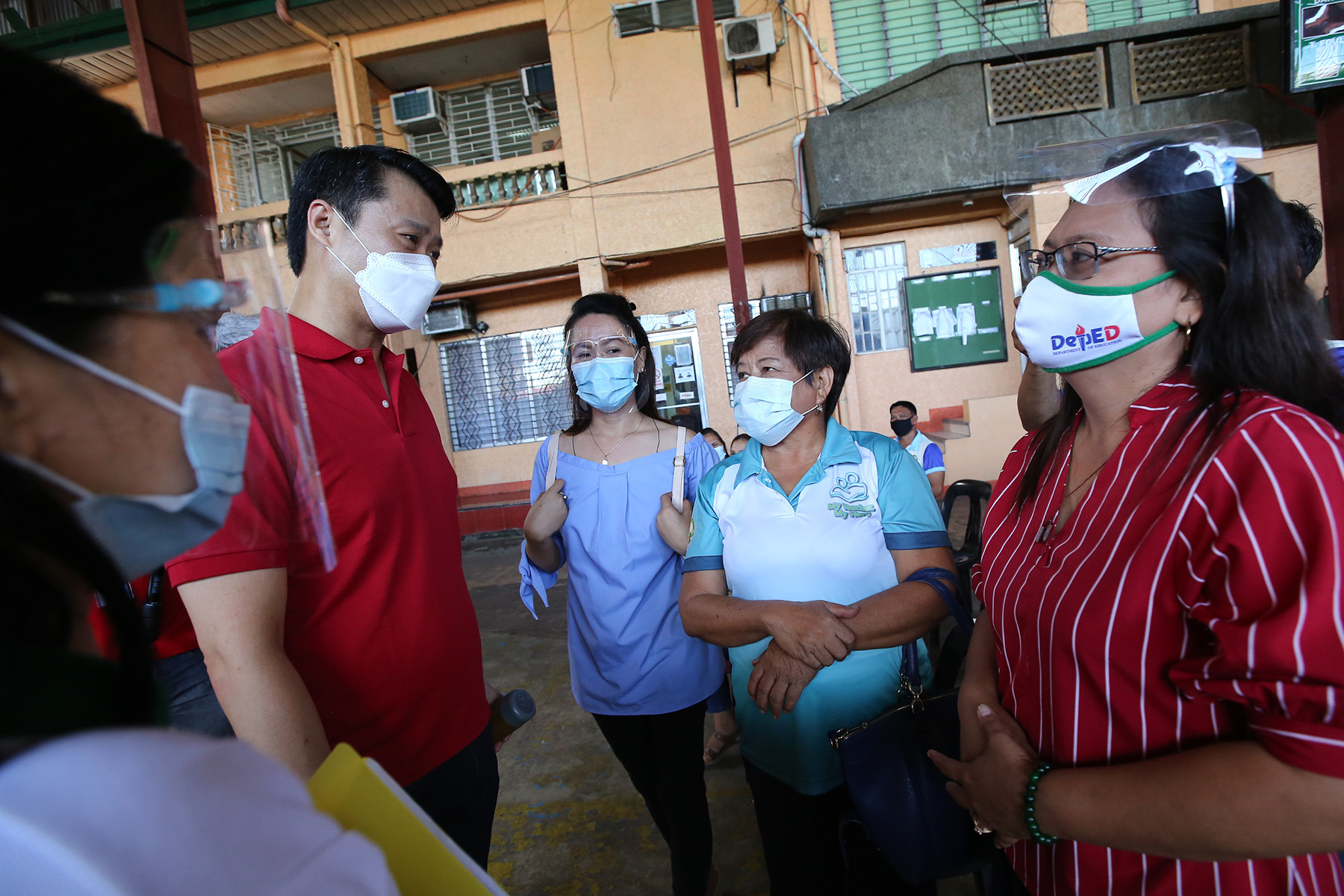A new study revealed the persistence of high learning poverty in the Philippines amidst the COVID-19 pandemic. To mitigate the impact of prolonged school closures, re-electionist Senator Win Gatchalian presses the need to open all schools for limited face-to-face classes and implement a learning recovery program.

According to a joint report by UNICEF with the United Nations Educational, Scientific and Cultural Organization (UNESCO) and the World Bank titled “Where are We on Education Recovery?”, less than 15% of 10-year old children in the Philippines can read or understand a simple story. This translates to a learning poverty of more than 85%, slightly lower than the World Bank estimate of 90% from last year. In 2019, learning poverty in the Philippines was estimated at 69.5%
The report also pointed out that the Philippines has the longest period of school closures. Next to the Philippines is Uganda, where the period of school closures is nearing the 70-week mark.
For Gatchalian, opening all schools for limited face-to-face classes is the first step to address the impact of COVID-19 on the education sector. To address learning losses resulting from the pandemic, Gatchalian pressed the need for a comprehensive learning recovery program nationwide.
Last year, Gatchalian filed Senate Bill No. 2355. The proposed measure seeks to institute a learning recovery program to be known as the Academic Recovery and Accessible Learning (ARAL) Program, which will include well-systematized tutorial sessions. The proposed ARAL Program will cover the most essential learning competencies under Language and Mathematics for Grades 1 to 10, and Science for Grades 3 to 10. The ARAL Program also seeks to prioritize Reading to develop the critical and analytical thinking skills of learners.
For Kindergarten learners, literacy and numeracy competencies will be given focus to build on their foundational competencies.
While the Department of Education is already planning to implement its learning recovery program, Gatchalian eyes refiling the bill should he get re-elected to a second Senate term.
“Kailangang tutukan natin ang pagbangon ng sektor ng edukasyon upang matiyak na natututo nang husto ang ating mga mag-aaral. Sa ating pagbangon, dapat nating tiyakin ang ligtas na pagbabalik ng mga mag-aaral sa mga paaralan bilang pangunahing hakbang,” said the Chairman of the Senate Committee on Basic Education, Arts and Culture.
As of March 22, 10,206 out of 14,396 nominated schools have started limited face-to-face classes. There are more than 2.6 million learners participating in limited face-to-face classes, an equivalent of around 10% of enrollment for SY 2021-2022.


